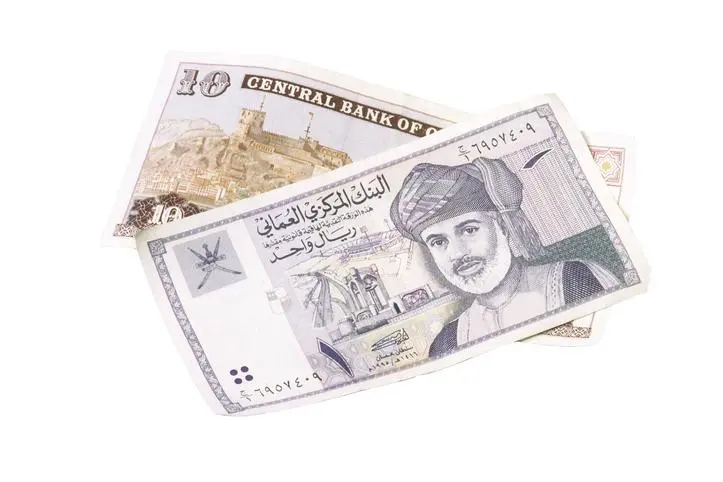PHOTO
DUBAI - Oman is discussing a loan of at least $1 billion with a group of banks, sources said, as the oil-producing Gulf state seeks more funding ahead of heavy debt redemptions over the next two years.
Rated below investment grade by all major credit agencies, Oman issued $2 billion in bonds last month in a deal which saw lacklustre demand partly because of investor concerns over the country's worsening credit trajectory.
It is now in talks with banks for a loan that would refinance $1 billion of existing bank debt due in January, said one of the three sources familiar with the matter. A second source said the new facility could exceed $1 billion.
Oman's ministry of finance did not immediately respond to a request for comment.
Oman has $1.5 billion in international bonds due in June, in addition to the $1 billion loan due in January, which it took out in 2016 after oil prices plummeted, Refinitiv data showed.
S&P Global Ratings, which downgraded Oman last month, said external debt maturing in the next two years came to $10.7 billion, or about 7.5% of gross domestic product (GDP).
"Oman will continue to rely on external debt to fund its large government deficits and maturing debt and remain vulnerable to shifts in investor sentiment," the ratings agency said last month.
The oil producer has piled up debt at breakneck speed in the past few years, after oil prices crashed from more than $115 a barrel in June 2014 to under $30 in January 2016.
At the same time, Oman's plans to diversify its economy and introduce sensitive tax and subsidies reform dragged under Sultan Qaboos, who died in January after half a century in power.
A fiscal reform plan under Sultan Haitham, Oman's new ruler, aims to bring the fiscal deficit down to 1.7% of GDP by 2024, from a preliminary deficit of 15.8% this year.
As part of planned reforms, Oman will introduce a 5% value-added tax next year and is also looking to implement an income tax on high earners in 2022, a first for the Gulf Cooperation Council states.
(Reporting by Davide Barbuscia and Yousef Saba; Editing by David Clarke) ((Davide.Barbuscia@thomsonreuters.com; +971522604297; Reuters Messaging: davide.barbuscia.reuters.com@reuters.net))





















